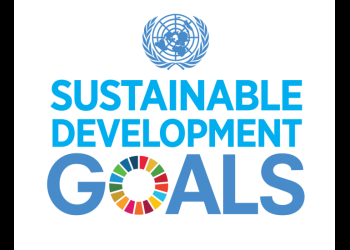New modes of learning are critical to rethinking social development
Any effort to rethink and strengthen social development must include an examination of how individuals and communities can develop the capacity to advance on their own, something that can perhaps best be encouraged by promoting a new conception of learning and the generation of knowledge at the community level.
Such ideas were among those offered in a statement of the Baha’i International Community to the 54th Commission for Social Development, which is scheduled to take place 3-12 February 2016 and has as its theme “rethinking and strengthening social development in the contemporary world.”
“The adoption of the 2030 Agenda for Sustainable Development has transformed the landscape in which social development is pursued,” says the statement, which is titled “Collective Learning, Collective Will: Strengthening the Foundations of Social Development.”
“The central task before the international community, then, is building capacity in increasing numbers of individuals, communities and institutions, with the ultimate objective of promoting universal participation in the construction of that world.”
In this regard, “conceiving of development as learning – approaching it as a process of generating and applying knowledge about the dynamics of social change in specific settings” will be critical in encouraging the participation of individuals and communities in their own social development,” says the statement.
“Within a mode of learning, plans grow organically over time and exist to be modified in light of the ultimate goal of sustainable community development. Visions and strategies are re-examined time and again and modifications are made as tasks are accomplished, obstacles removed, resources multiplied, and lessons learned. Haphazard change is avoided and continuity of action is maintained.”
Moreover, the statement continues, “patterns of learning at the local level, no matter how essential, will remain limited if they are not connected to global processes concerned with the prosperity of humanity as a whole. In this sense, UN bodies, such as the Commission, could well conceive of themselves as learning entities dedicated to the systematization of a growing worldwide experience made possible by the participation of increasing numbers of collaborators. Such an approach defies categorization as either “top-down” or “bottom-up”; rather, it is one of reciprocity and interconnectedness.”
The entire statement can be read here.
